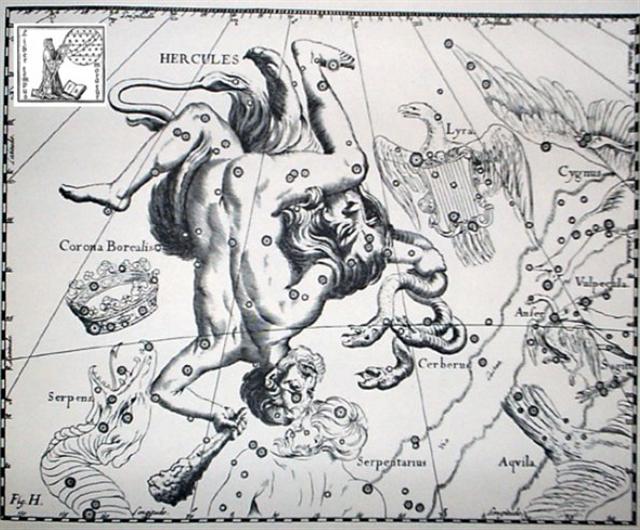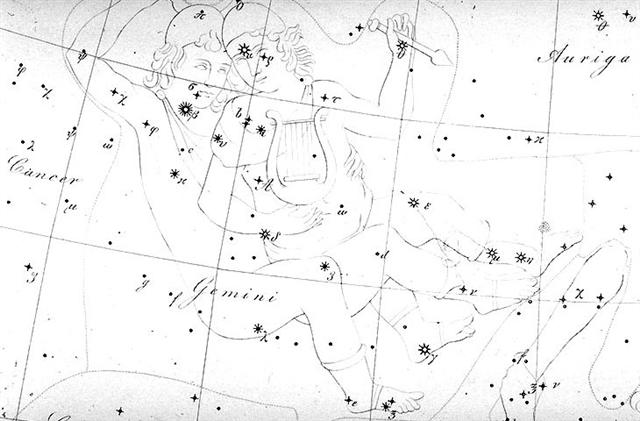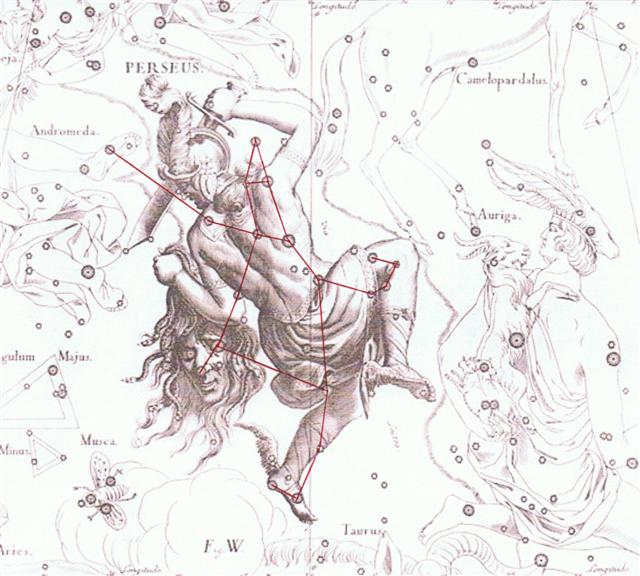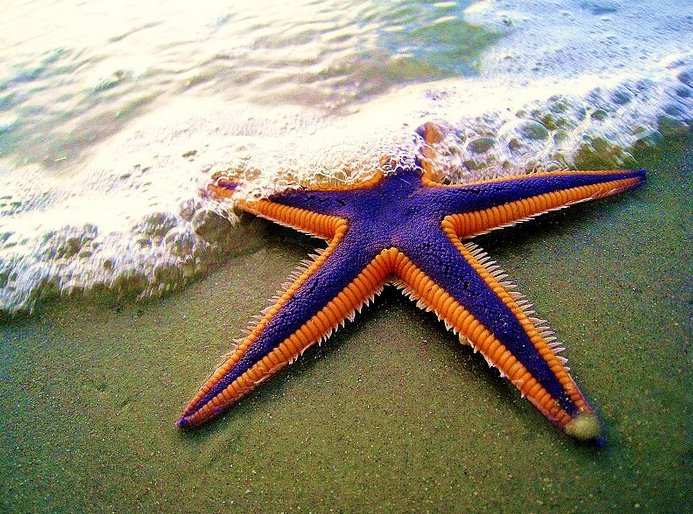|
Hati 1.
To break (v.t., v.i.); figuratively: he hati te pou
oka, to die, of a hopu manu in the exercise
of his office (en route from Motu Nui to
Orongo). 2. Closing word of certain songs. Vanaga.
Hahati. 1. To break (see hati). 2. Roughly
treated, broken (from physical exertion: ku hahati á
te hakari) 3. To take to the sea: he hahati te
vaka. Vanaga. Ha(ha)ti. To strike, to break,
to peel off bark; slip, cutting, breaking, flow, wave (aati,
ati, hahati); tai hati, breakers,
surf; tumu hatihati, weak in the legs;
hakahati, to persuade; hatipu, slate. P Pau.:
fati, to break. Mgv.: ati, hati, to
break, to smash. Mq.: fati, hati, id. Ta.:
fati, to rupture, to break, to conquer.
Churchill.
Rapu.
Pau.: fata-rarapu, to dissolve. Mgv.: rapu,
to dilute. Ta.: rapu, to mix. Mq.: ápu, to
draw water. Churchill. Ha.: Lapu 1. Ghost ...
apparition, phantom, specter; haunted; to haunt; to act
as a ghost. Ua lapu ke
keiki a kāua ia'u, I have been haunted by our child.
Ho'o lapu, to
pretend to be a ghost, as children on Hallowe'en. 2.
Haunted. Hale lapu,
haunted house, not the Halloween variety. Kiliki o
lapu, trick or treat.
Wehewehe. Waving (of leafy branches). The Eighth Island.
Aga. Work; to work, to make, to
build, to create: O te atua i-aga-ai i te ragi, i te
henua. God made heaven and earth. Vanaga. Agahuru
(hagahuru, hagauru). Agai (hagai).
Agatahi (aga-tahi) one, (hagatahi);
agatahi ahi atu, day before yesterday;
hagatahi ahi, yesterday. Churchill. Ao popohaga,
the hours between midnight and dawn. Vanaga.
Haga. 1. Bay, fishing spot.
(Figuratively) he haga o te ákuáku, it is the
[evil] spirit's fishing spot, i.e. a place where they
hide waiting for people to fall under their power. 2. To
want, to love. Ku haga á i te vai, I want water,
I am thirsty. Vanaga. 1. Bay, strait, anchorage, strand,
beach. P Mq.: hana, haka, small bay,
creek, cove. 2. Work, labor, employment, act, affair,
creation, design, state, maker, fashion, manufacture,
occupation, profession; to do, to make, to construct, to
employ, to form, to manufacture, to fashion, to found,
to be busy with; haga rakerake, crime; tagata
haga ei mea, mercenary; haga no iti, to plot
mischief; haga ke, to act contrary; haga
takataka, to disjoin; haga nui, difficulty,
fatigue, to weary; tuhi ki te haga, to give
employment; haga hakahou, to make over, to renew,
recovery; haga koroiti, to deal prudently;
haga nuinui ke, to overburden. P Pau.: haga,
to do, action, work, a deed. Mgv.: haga, aga,
work, labor. Mq.: hana, haka, action, act,
work, occupation. Ta.: haa, work, to labor, to
make. 3. Agreement, conduct, liking, intention, desire,
will; to resolve, to permit, to endeavor, to tolerate,
to be willing, to wish, to approve; haga ihoiho,
fixed desire; haga mai, haga no mai, to
agree, to hearken favorably; tae haga, despite,
involuntary, to refuse, to renounce; noho hakahaga,
apathy. 4. = haka. Pau.: haga = haka.
5. Mgv.: haga, a fish. Mq.: haka, id. 6.
Mgv.: haga, a fishtrap. Sa.: faga, a
fish-trap, bird-cage. Ma.: hanganoa, a small
basket for cooked fish. 7. Mgv.: haga, a measure
of a fathom. Ta.: aa, to measure length. Mq.:
aka, ana, to measure with the arms. Ma.:
whanga, id. Churchill. Hagaava (haga 1
- ava 2), entrance of a harbor. Hagahaga:
1. (haga 2), work. 2. hesitation, to hesitate.
Churchill.
Hagahuru. Ten (agahuru,
hagauru). P Mq.: onohuú, okohuú, id.
Ta.: ahuru. id. Churchill. The Maori recognized
two main divisions of the year: winter or takurua,
a name for Sirius which then shone as morning star, and
summer, raumati or o-rongo-nui, 'of the
great Rongo', god of agriculture. They
occasionally recognized spring as the digging season
koanga, from ko, the digging stick or spade.
The autumn or harvest season was usually spoken of as
ngahuru, 'tenth' (month), although it was considered
to include also the last two months of the year.
Mahuru was the personification of spring. Makemson.
The five stages of a baby's
development are: kaukau, puepe, tahuri, totoro,
mahaga. Puepue = said of a newborn baby when,
a few weeks old, it begins to distinguish people and
objects: ku-puepue-á te poki. Tahuri = of
a new-born baby, to move from side to side:
ku-tahuri-á te poki. Totoro = to crawl; ki
totoro te poki, when the baby crawls. Mahaga
= baby when able to stand by itself. Vanaga. |
|
ο
Cor. Borealis (232.0),
δ
Lupi (232.1),
φ¹,
ν²
Lupi (232.2),
ν¹
Lupi (232.3),
ε
Lupi (232.4),
φ²
Lupi (232.5),
PHERKAD (The Dim One of the Two Calves) =
γ
Ursae Min.
(232.6),
ε
Librae (232.7),
η
Cor. Borealis (232.8),
υ
Lupi (232.9)
*191.0 = *232.4 - 41.4 |
ALKALUROPS (The Herdsman's Lance) =
μ
Bootis
(233.1),
ED ASICH (Male Hyena) =
ι
Draconis
(233.2)
|
NUSAKAN (Pauper's Bowl) = β Cor. Bor.
(234.0), κ¹ Apodis (234.3), ν Bootis (234.7), ζ Librae
(234.9) |
θ Cor. Borealis (235.3), γ Lupi (235.6),
GEMMA = α
Cor. Bor.,
ZUBEN ELAKRAB = γ Librae, QIN = δ Serpentis, ε Tr.
Austr.
(235.7), μ Cor. Borealis (235.8), υ Librae (235.9)
SIRRAH (α Andromedae) |
φ Bootis (236.2), ω Lupi, τ Librae (236.3), ψ¹ Lupi
(236.7),
ζ Cor. Bor.
(236.9) |
κ
Librae (237.2),
ι
Serpentis (237.4),
ψ²
Lupi,
ρ
Oct.
(237.5), γ Cor. Borealis, η Librae (237.7), COR
SERPENTIS = α Serpentis
(237.9)
*196.0 = *237.4 - *41.4 |
π
Cor. Borealis,
UNUK ELHAIA (Necks of the Serpents) =
λ
Serpentis
(238.1),
CHOW =
β
Serpentis
(238.6) |











